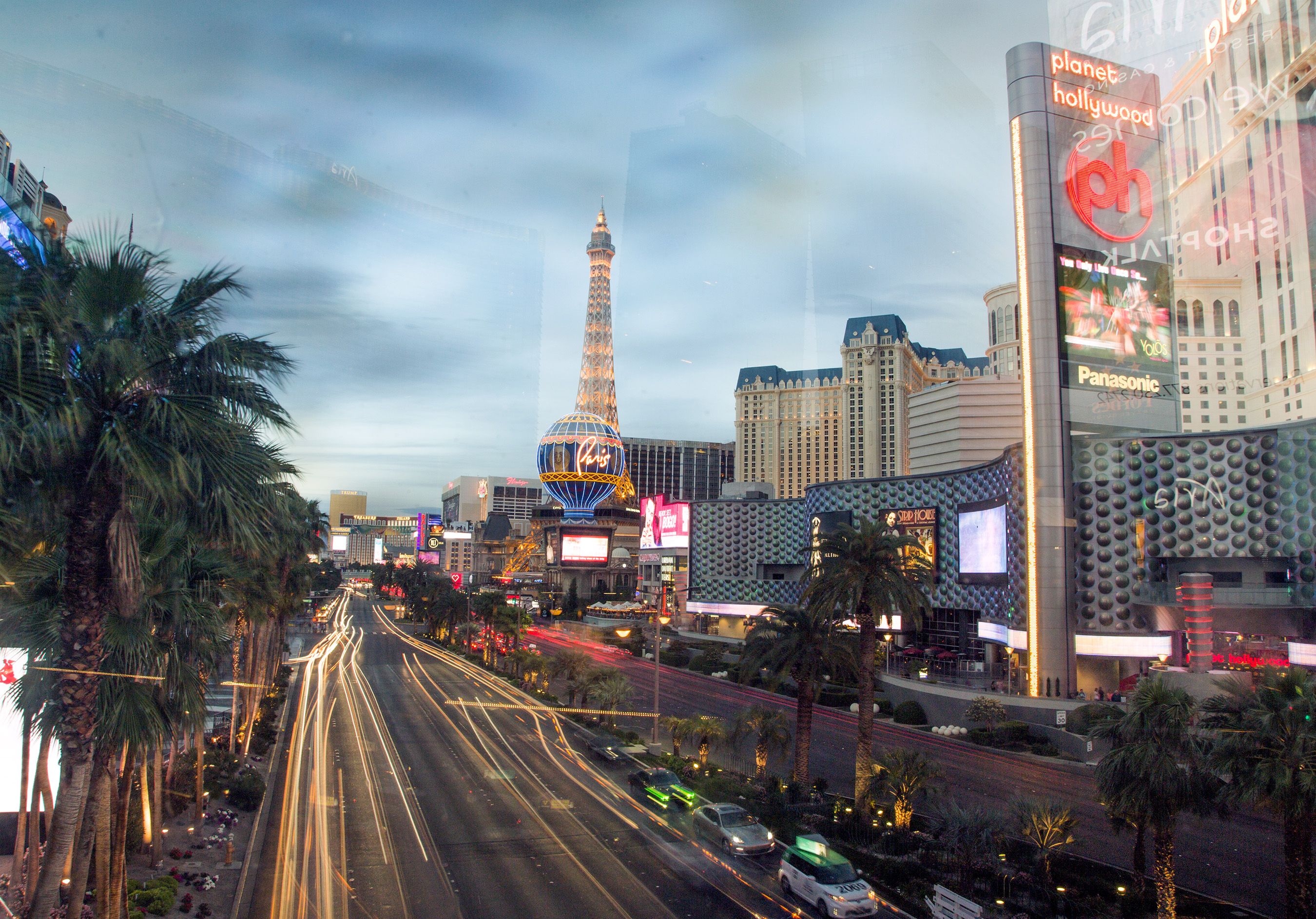As the Trump administration reverses tip policy, the pendulum swings back toward the employer

On Monday, the Labor Department moved to rescind an Obama-era regulation that prohibited employers from pooling tips to include non-tipped employees. By Friday, Joe Carbon, a union official in Las Vegas, had already received several calls from dealers at properties on the Strip.
"Are the dealers concerned about that ruling? Yes," Carbon said in a phone interview.
The Trump administration's decision revisits a contentious topic for casino dealers, servers and bartenders. At issue is whether employers can distribute tips to back-of-the-house employees who do not receive direct tips. The Obama administration created a rule to effectively stop the practice. In a proposed rule Monday, the Trump administration said it would reverse course.
To undo the Obama-era regulation, the Labor Department must undergo an administrative process that includes a month-long comment period. Until then, the Obama administration's regulation will remain in effect. But the prospect of its repeal has some workers concerned.
Under the Trump administration's interpretation of the Fair Labor Standards Act, employers who pay at least the federal minimum wage would be given more power to disburse tips. They can create pools that include tipped employees and employees who are not directly tipped. The administration hopes this will reduce wage disparities between tipped and non-tipped workers.
But others argue that companies should not rely on tips to address payroll disparities.
"It vests much more discretion in management, and it also gives them a way to basically keep wages where they are and use tips as a way to deal with inherent problems in their own wage structures," said Ruben Garcia, a UNLV law professor who focuses on labor and employment.
Unlike companies based in other states, Nevada employers do not use tips to supplement the minimum wage. They pay a minimum wage that is higher than the federal standard. One legal rationale for the Obama rule was that tips were the property of employees, not their employers.
Worker advocates have said that Trump administration's rule reverses that thinking.
"Tips belong to the workers who have earned them," Christine Owens, director of the National Employment Law Project said in a statement. "The department rationalizes that the proposed rule as a way to let some employers redistribute tips to workers who don’t traditionally get tips, but the effect of the proposal would be to let those employers pocket a portion of tips."
How will the decision affect Las Vegas employees? The answer depends on the employer.
In fact, many dealers would not be affected by changes to the federal regulation, according to Carbon, the gaming division director for the Transport Workers Union Local 721, which has negotiated contracts on behalf of dealers at Bally's, Caesars Palace, Harrah's, Paris and Wynn.
Most of those contracts prohibit tip pooling with supervisors, such as pit managers. Carbon expects casino operators to honor their contractual agreements and not change their policies.
Bethany Khan, a spokeswoman for the Culinary Union, said in an email that members will be largely unaffected by the rule because tip pooling is dealt with in collective bargaining.
For bartenders, servers and dealers, tips often comprise a significant amount of their income. Researchers at the Nevada Department of Employment, Training and Rehabilitation said the agency does not collect specific data on tipping in Clark County. In addition, tip data can often be fraught because some employees try to downplay their collected tips for tax purposes.
Even with Trump's recent move, the rules around tip sharing remain subject to legal challenges. Last year, a case involving dealers at Wynn Resorts was appealed up to the Supreme Court.
In that case, the U.S. Court of Appeals for the Ninth Circuit upheld the Obama-era prohibitions on tip pooling. But other circuit courts have questioned the regulation, leading to a conflict that might make the Supreme Court more likely to weigh in on whether employers can share tips.
Over the last decade, the Wynn Resorts case has been the subject of state and federal lawsuits. It stems from a 2006 decision by the casino operator to share dealer tips with supervisors who are not tipped directly but might contribute to the player experience. The move, unpopular among dealers, especially as the economy took a turn, spawned a suit that went to the Nevada Supreme Court. In 2013, the state's high court upheld Wynn's decision to share dealer tips.
Leon Greenberg, a lawyer representing Wynn dealers, said in an interview that the operator shouldn't be allowed to use tips as a revenue source to offset low wages for other employees.
"The customers aren't tipping the casino," he said. "They're giving it to the server."
A Wynn Resorts spokesman did not respond to a request for comment. Wynn has argued in the past that the tip policy incentivizes non-tipped employees to improve customer experience.
Greenberg also sought relief in federal court. In that case, the Ninth Circuit ruled in favor of the dealers, upholding the Obama-era regulation. That case was appealed to the Supreme Court.
When Wynn Resorts implemented its pooling policy in 2006, the dealers were not unionized. In 2010, they joined the Transport Workers Union. The 10-year contract allowed tip pooling to continue with restrictions, such as a cap on what percentage of tips could go to management.
"That, at the time, was probably the best we could do," Carbon said.
The union hopes to revisit the issue when the current contract expires.
Disclosure: Many Indy donors are mentioned in this story. You can see a full list of donors here.
